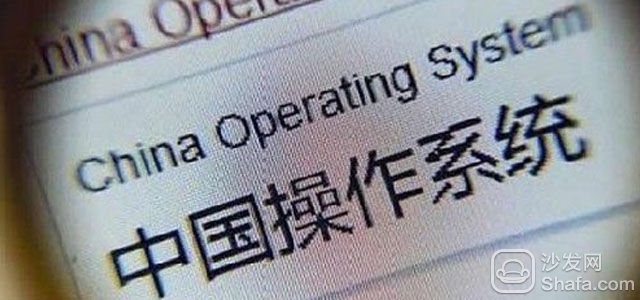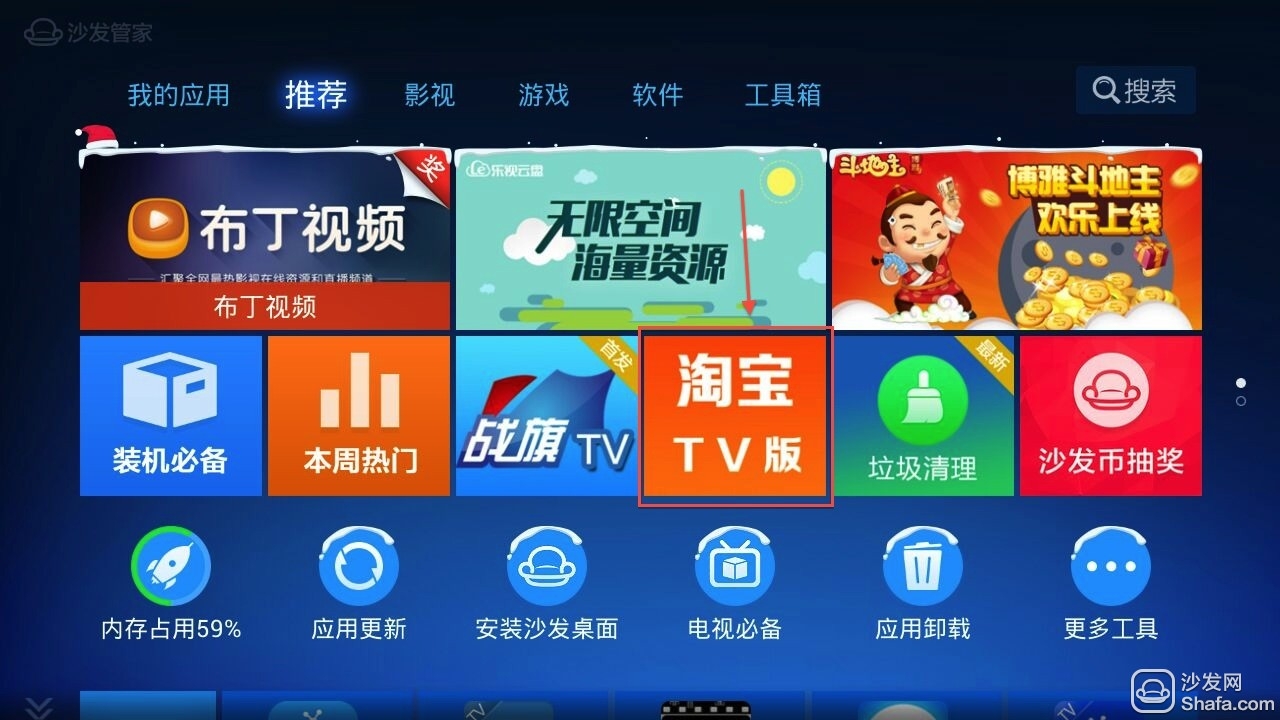
Tencent's Tencent OS will begin open beta in March. So far, the three leading domestic Internet companies have joined the battlefield of smartphone operating systems. Although Tencent's OS will be a modified version of Google's Android, such as Ali YunOS, Baidu Cloud Rom and current leader MIUI, but in the context of China's special network environment, these Android modified ROM may become truly independent. , popular domestic operating system.
The dream of "independent autonomy" in China's IT industry began 20 years ago. When Microsoft and Intel joined hands to monopolize the PC industry, they are still in a new period. The domestic technology industry that is waiting to be raised has sprouted the ambition to develop CPUs and operating systems with independent intellectual property rights and to replace Western products. Driven by the government, the domestic IT industry has successively created companies and products such as the Red Flag Linux system and the Loongson CPU to try to challenge the Wintel system that has an absolute advantage. Not surprisingly, these attempts ended in failure. When the PC industry began to decline and smartphones took off, Apple and Google took advantage of iOS and Android to share new markets in one fell swoop. Chinese companies can only accept the reality.
Closed means opportunity?
The world is fickle, and few people can imagine that the collapse of Google’s relationship with the Chinese government and the complete withdrawal of the Chinese market a few years ago will recreate the dream of a domestically-manufactured operating system once completely shattered today. Originally, the Android system has easily controlled the global smart machine industry. Google's dominance in the era of mobile Internet seems to be unbreakable, but in the largest market in mainland China, Google's sense of existence has completely disappeared. Due to network shielding and other factors, the Google system bundled with the Android system is completely impossible to use on the mainland. Local Chinese smart machine manufacturers can only develop alternative services to replace GMS (Google Mobile Service Suite), and derived many modified versions of the Android system. Although these versions are still based on the basic system code developed by Google, the commercial value has been almost unrelated to the former.
In today's Android dominated the industry, Google began to shrink the control of this ace product: Historically, Android is considered to be an open source platform, but many updates of the new version of Android have been transferred to the closed-source GMS part. The so-called open source has become more and more famous. Not true. This trend continues, and after a few years Android will become a vassal of GMS. The so-called open source will exist in name only. In particular, Android's strategy in the area of ​​wearable devices and smart home appliances is completely closed, leaving little room for manufacturers to freely modify their products. Products must rely on many services pioneered by Google, which means that Google will occupy a dominant position in such emerging markets with huge potential.
Of course, Google's play closure is not a problem for most countries. Originally, its service system was dominant, and consumers would not be disgusted. However, GMS is totally unusable on the mainland market, which means that a large number of Android improvements in the future cannot be applied to the domestic market at all. If Android is eventually closed, this system will become a waste product in China. Chinese companies and consumers can already see this in the future: the launch of the Google platform Android Wear smart watch relies on Google Now service, based on the platform of the watch will not work properly in the country, no different from ordinary spreadsheet. Naturally, there will not be any manufacturers in the mainland to launch any product based on this platform. As Android becomes more and more dependent on Google services, the distance from the mainland market will be even further. At the same time, Google’s hope of returning to China is so embarrassing that it has even become an illusion.
Under such a background, the Chinese IT industry will soon face the dilemma of having no operating system: iOS cannot be opened, and Windows is difficult to promote on mobile devices, and there is also a risk that core services will be shielded at any time. The development of home-grown systems with independent intellectual property rights and self-control is no longer a distant dream, but an imminent need. Domestic technology companies must develop independent, new systems and ecosystems that are not controlled by Google on the basis of the revised version of the Android system, and get rid of dependence on the latter. When ROMs such as MIUI account for less and less of the code from Google, and even when the new version of the system no longer uses the new version of Android code, these ROMs are completely independent from Android and have grown into an operating system that can be used on an equal footing. . Even if the integrated level of these new systems is temporarily inferior to Android, then mainland consumers can no longer use the new version of Android, which is completely dependent on GMS.
Who will become Android's Chinese alternative?
Perhaps it is to see such a future and the huge business opportunities behind it. The domestic technology companies have almost rushed into the quagmire of Android's revised ROM. The next wave of smart devices in China is doomed to have no room for Android. Whoever can grab the gap left by it will be able to dominate the next generation of China's consumer electronics industry. This is why BATs that originally did not make mobile phones started to develop ROMs. Their goal was not to simply use ROM, but to develop truly independent operating systems. In the face of huge potential benefits, private technology companies have spontaneously formed R&D teams for domestic systems. The dreams of two generations of IT practitioners are now becoming ironic and reality. After several years, the global smart device platform's layout will be fragmented due to the independence of Chinese companies. We will see such things as MIOS behind iOS and Android. The name of YunOS or Tencent OS. The biggest contributor to such a situation is China’s cyber-shielding policy, which is indeed filled with emotion.
However, it is gratifying that even though Chinese consumers are destined to move further and further away from Android, there will be many alternative products. At least this time we do not have to worry about the monopoly of state-owned enterprises. A highly competitive market can always produce some good choices. No matter if it is Xiaomi or Ali Tencent, whoever has done a good job in the system will be more popular, and there will be no good end to playing monopoly and bullying consumers. Not to mention the above iOS benchmark, I believe that these companies in China will not be much worse.
Recommended installation sofa butler, download address: http://app.shafa.com/
